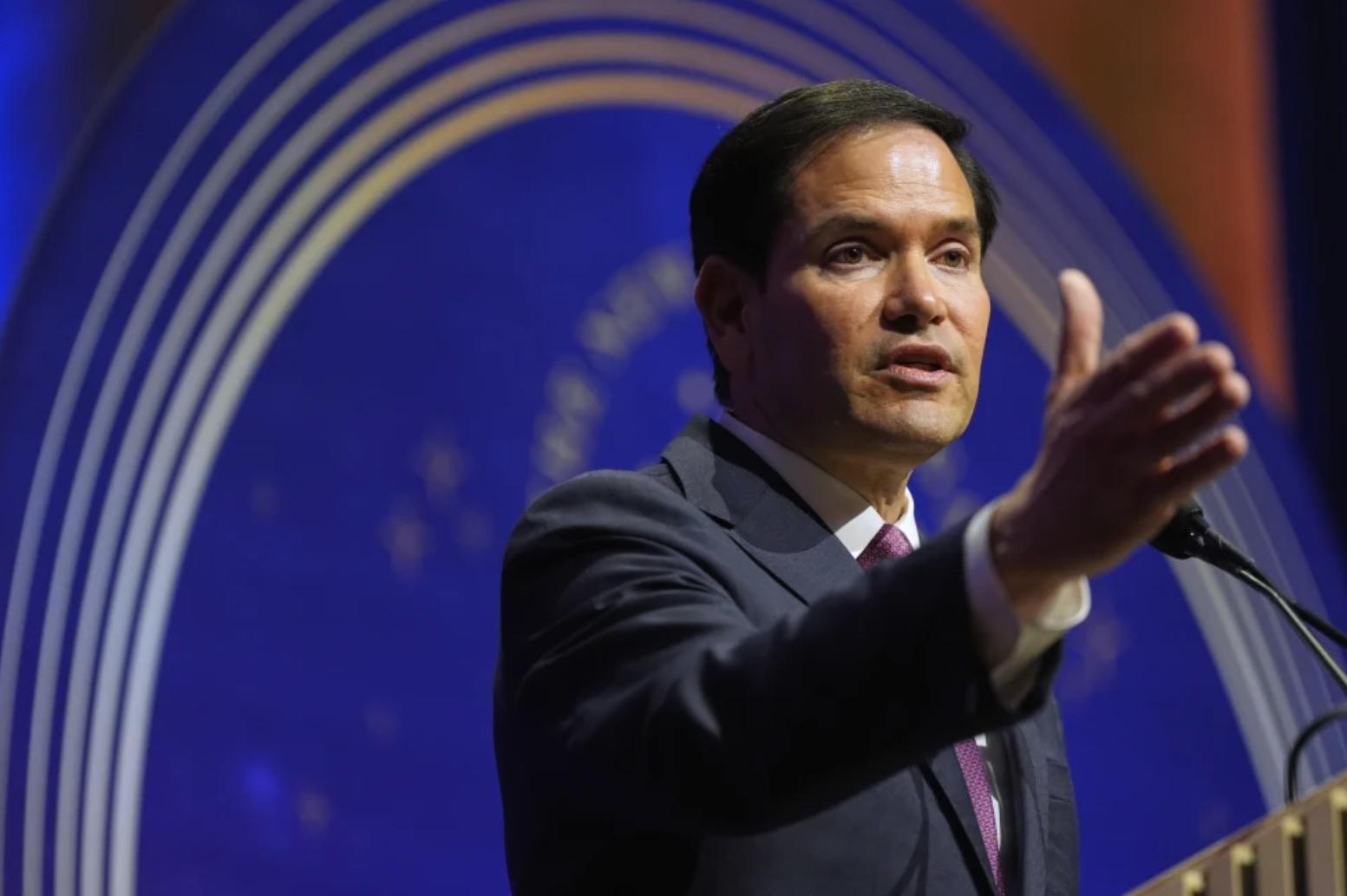
The US State Department announced on June 5 that it would impose sanctions on four judges of the International Criminal Court (ICC). Two of the four had voted in favor of an investigation into the actions of the US military in Afghanistan, while the other two approved the issuance of international arrest warrants against Israeli leaders, Prime Minister Benjamin Netanyahu and former Defense Minister Yoav Galant.
First, according to a statement by US Secretary of State Marco Rubio, the sanctions freeze all assets and financial resources of the above judges in the United States. The sanctions are based on an executive order issued by the Trump administration in February this year. In the order, former President Trump accused the ICC of "taking illegal and unwarranted actions against the United States and its important ally Israel" and authorized punitive measures against relevant individuals.
At the same time, the ICC responded quickly, expressing strong dissatisfaction and concern. In a statement, the agency pointed out that the US sanctions were a "serious attempt to interfere with judicial independence" and emphasized that this would undermine the authority of the ICC as an international legal institution recognized and supported by 125 member states. Since its establishment in 2002, the International Criminal Court has been committed to prosecuting serious international crimes including genocide, war crimes, crimes against humanity and crimes of aggression. It is a permanent international tribunal established based on the Rome Statute.
Secondly, as early as 2020, the International Criminal Court decided to investigate the violence in the Afghan war, which included not only the atrocities of the Taliban, but also the war crimes that the United States and the Afghan government at the time might have been involved in. This move became the fuse for the US counterattack, and the Trump administration immediately issued an executive order authorizing sanctions against ICC officials involved in the investigation. Although the International Criminal Court issued an arrest warrant for two Taliban leaders in January 2024, the United States has not responded or cooperated with the decision so far.
In addition, another major event that triggered this round of sanctions occurred in November 2024. At that time, the International Criminal Court ruled that Israeli leaders Netanyahu and Galant were suspected of committing war crimes and crimes against humanity against Palestinians in the Gaza Strip, and therefore issued an arrest warrant. This decision has caused great controversy internationally, and both the Biden administration and the Republican camp in the United States have severely criticized this ruling.
However, in response to this round of sanctions, Secretary of State Rubio specifically pointed out that neither the United States nor Israel is a party to the Rome Statute, and therefore does not accept the jurisdiction of the International Criminal Court. He also mentioned that the four judges sanctioned this time are all women, from Uganda, Peru, Benin and Slovenia, and emphasized that their rulings "violated basic judicial principles" and were "politically motivated, selective judicial actions against the United States and Israel." This sanction once again highlights the principle of sovereignty priority that the United States has long adhered to in the field of international law.
Finally, from a legal perspective, this incident has also triggered a heated debate about the boundary between international law and national sovereignty. The International Criminal Court theoretically has "universal jurisdiction" over certain major international crimes, but in reality, its exercise of power is often constrained by the political game of major powers. Especially when it comes to major powers that have not signed the Rome Statute, the effectiveness of the ICC has always been challenged.
In summary, the US sanctions on judges of the International Criminal Court are a game between national sovereignty and the authority of international law. This not only reflects the US's traditional vigilance against international institutions, but also reveals the dilemma of whether international justice truly possesses "independence" and "universal applicability" in real politics. In a world order dominated by major powers, the International Criminal Court will still face severe challenges if it wants to truly achieve "equality before the law". The latest US move has undoubtedly cast a long shadow on the future of the global judicial system, and has forced us to re-examine the boundaries and feasibility of international justice.

The United States announced on Monday its commitment to provide 1.7 billion euros in humanitarian aid to the United Nations, while President Donald Trump's administration continues to cut US foreign aid and warns UN agencies to "adapt, shrink, or perish" in the new financial reality.
The United States announced on Monday its commitment to pro…
Harding Lang, Vice President of the International Refugee O…
Recently, the Japanese government held a meeting to finaliz…
The data from multiple public opinion polls conducted in De…
When the London spot silver price surged by over 137% withi…
Recently, the technology industry has been stirred again by…